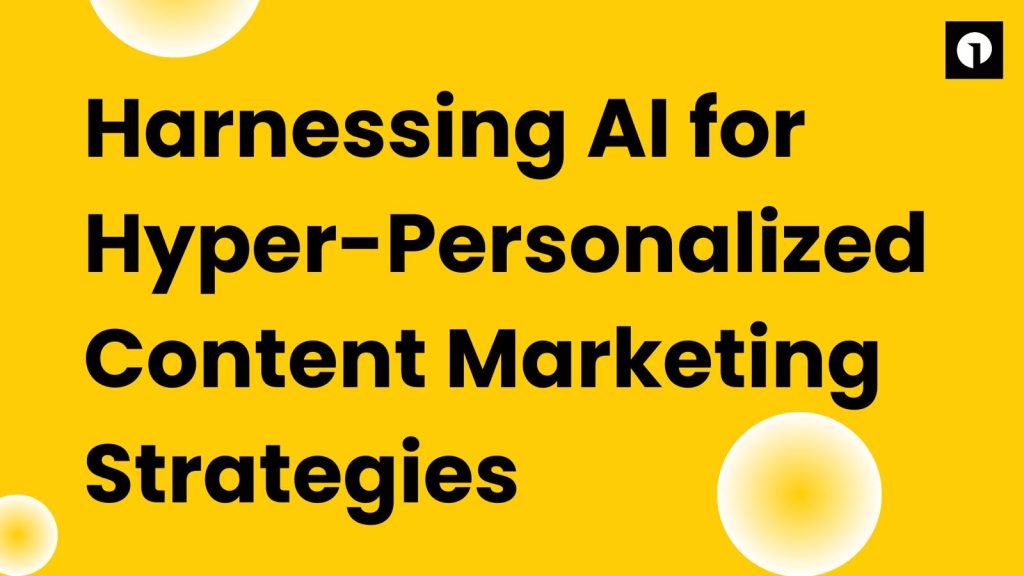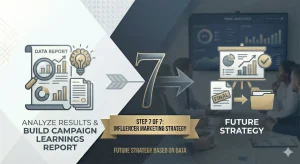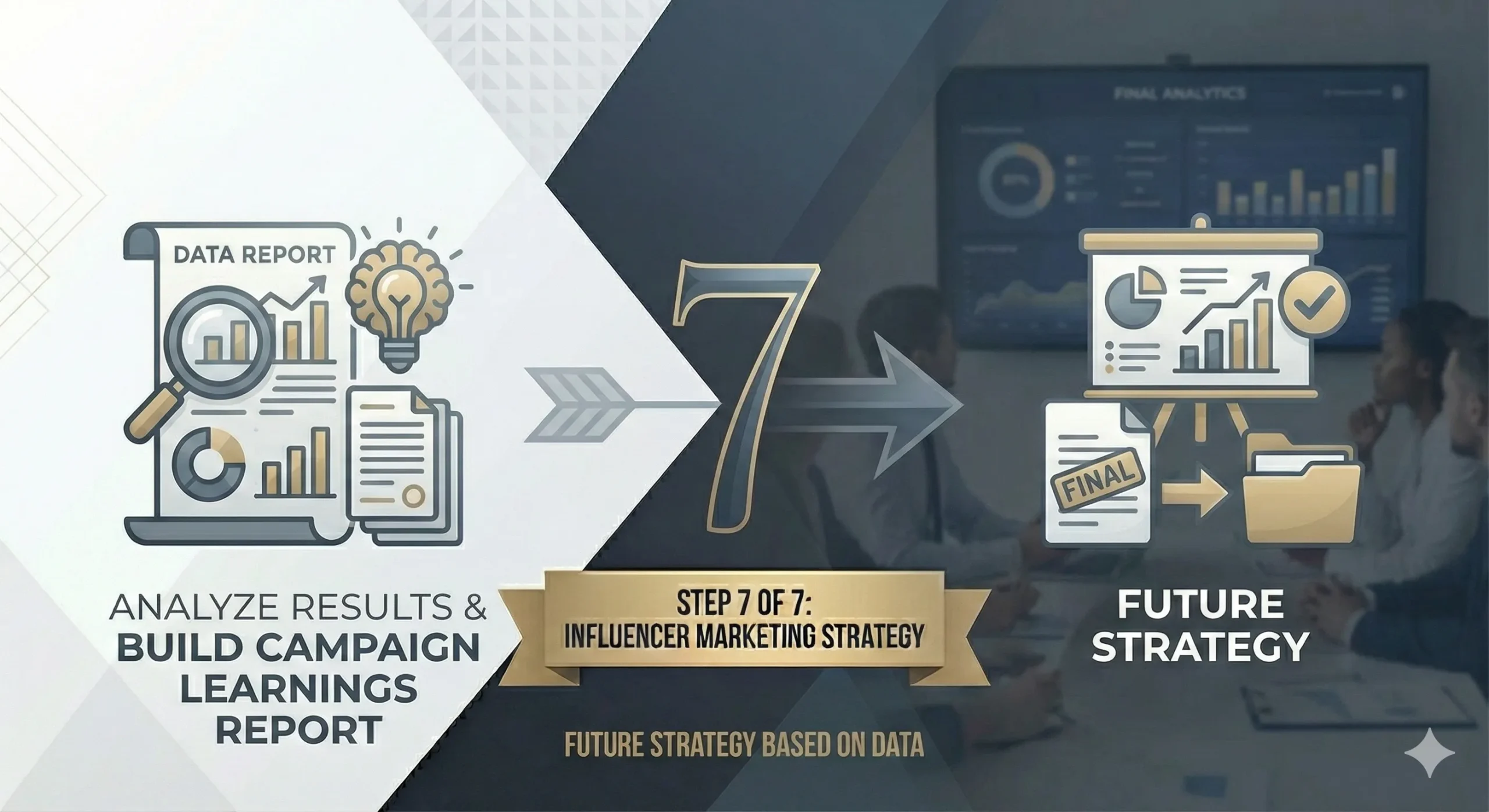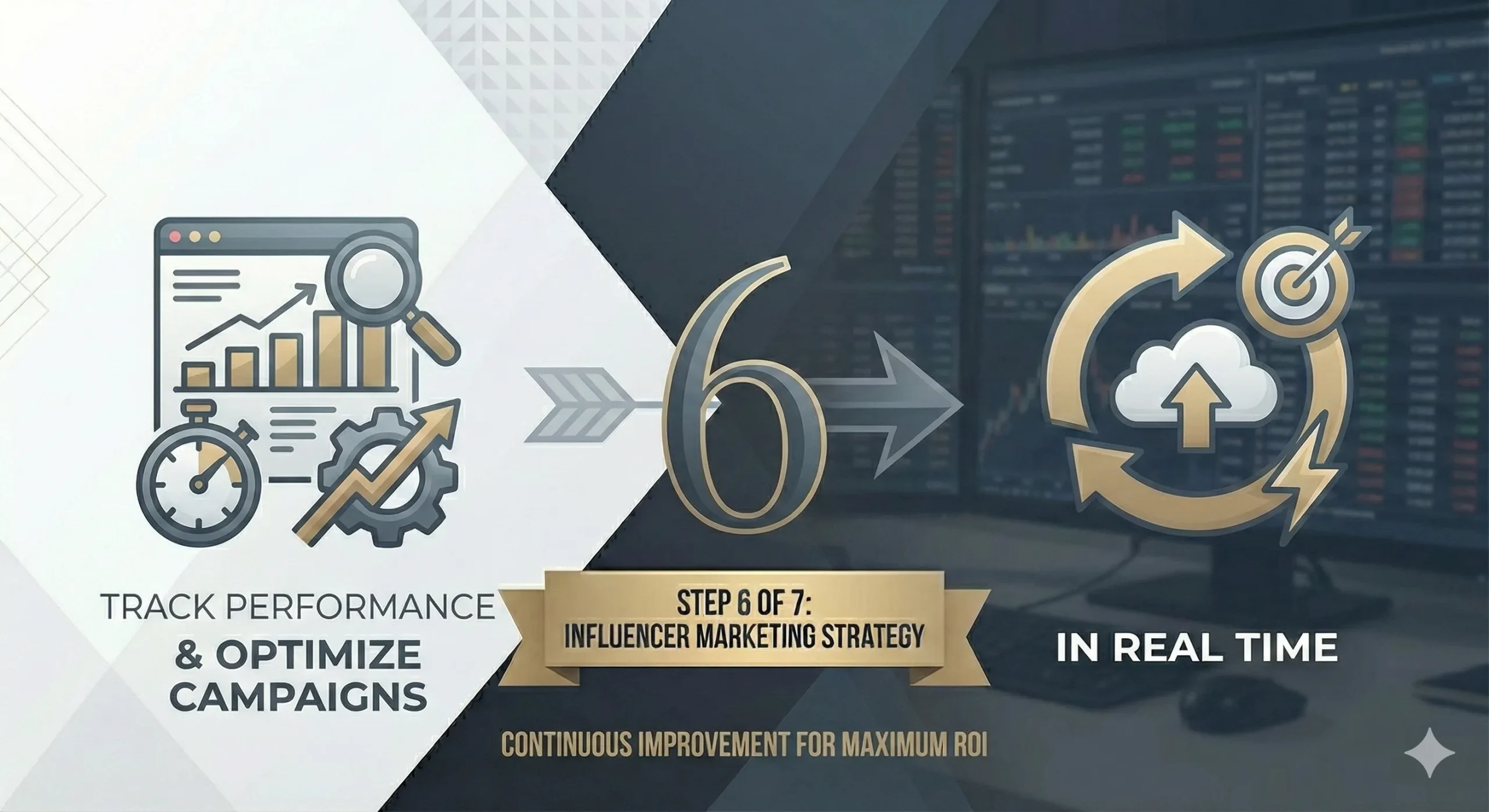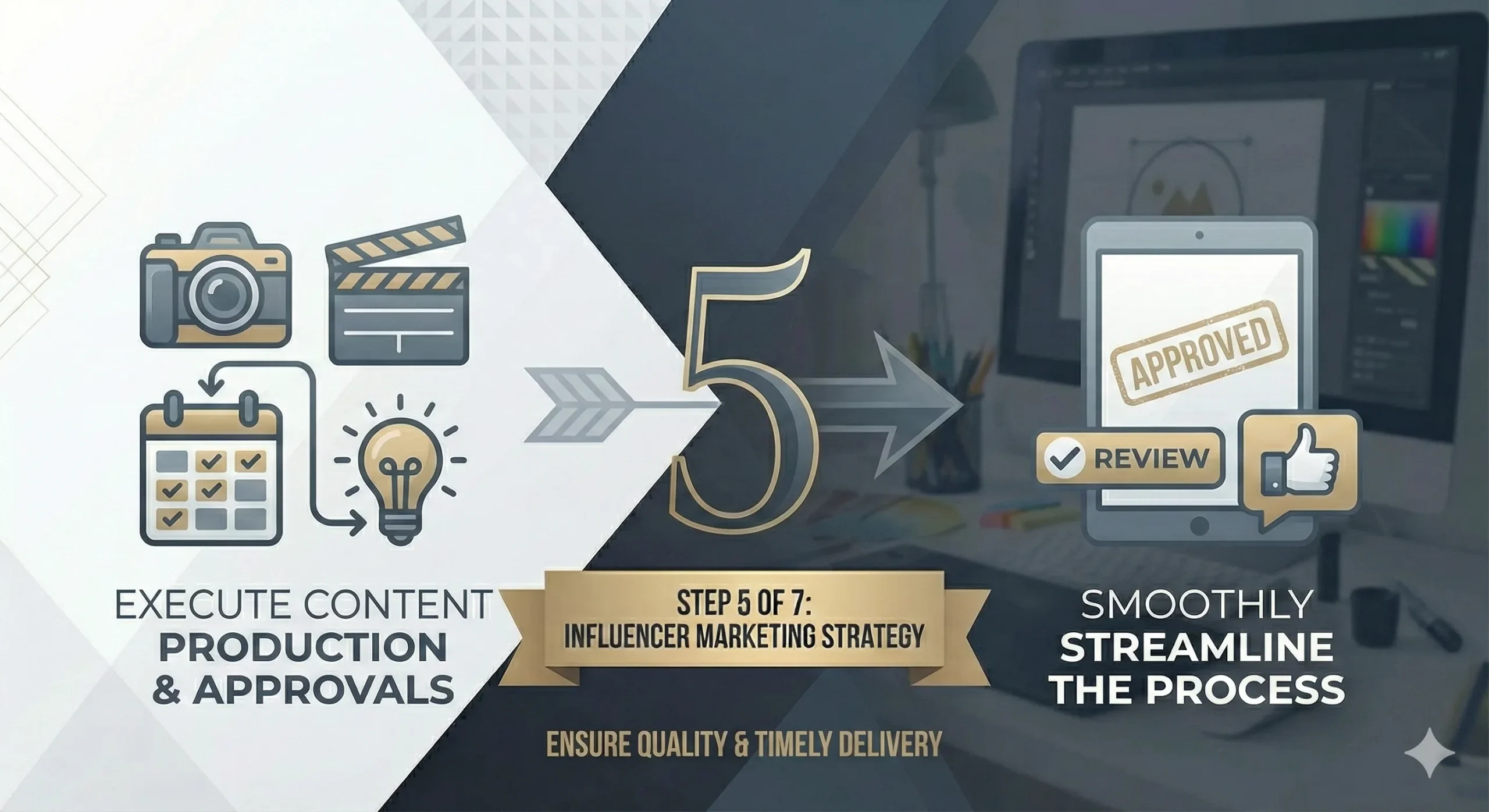TL;DR
The application of AI in the creation of hyper-personalized content marketing strategies focuses on advanced data analytics, machine learning algorithms, and tools with AI-driven functionalities to create tailored content at a single audience level. In doing so, the brand can enhance customer engagement, and conversion rates, and build brand loyalty by delivering highly relevant and timely content.
The market has turned into a highly dynamic space, and getting the attention of customers has become nearly impossible. A single-minded content strategy will not work anymore. In the present scenario, there is the arrival of artificial intelligence, which is going to turn out to be a game-changer for content marketing. AI-driven hyper-personalization utilizes advanced data analytics and machine learning algorithms for better delivery of content tailored according to the individual preferences and behaviours of users. This article explores how businesses can leverage AI for hyper-personalized content marketing strategies to enhance customer engagement, drive conversions, and build lasting brand loyalty.
Understanding Hyper-Personalization
Hyper-personalization goes beyond addressing customers by their first names in emails. It involves utilizing AI and real-time data to provide highly relevant content, offers, and experiences tailored to individual users. This level of personalization takes into consideration factors like browsing behaviour, purchase history, demographics, and even social media activity.
How AI Empowers Hyper-Personalization
1. Data Collection and Analysis
AI is great at handling vast amounts of data. Analyzing data from various touchpoints, AI can generate insights into customer behaviour and preferences. For example, Netflix uses AI algorithms to analyze viewing habits and recommend content that aligns with user preferences, thus highly enhancing the engagement and satisfaction of the users.
2. Content Creation and Curation
AI-driven tools like GPT-4 can create, at scale, personalized content. These tools can generate, in their results, blog posts, social media updates, and even personalized emails that resonate with the individual user. For instance, The Washington Post’s AI, Heliograf, automates the creation of news stories, which enables the publication to provide coverage of a wider scope of topics and deliver more personalized content to their readers.
3. Predictive Analytics
Predictive analytics is a powerful AI capability that forecasts future customer behaviour based on historical data. Predicting what content a user would likely engage with, businesses can accordingly tailor their content strategies. Amazon applies predictive analytics to recommend products that customers are likely to buy based on browsing and buying history.
Implementing AI for Hyper-Personalized Content Marketing
1. Segment Your Audience
Segmenting the audience is the first step in the implementation of hyper-personalized content marketing. Apply AI tools to analyze customer data; develop detailed buyer personas. These personas should reflect the diverse preferences and behaviours within your audience base. Tools like HubSpot’s CRM can help businesses segment their audiences effectively and tailor content to each segment.
2. Utilize AI-Powered Content Tools
Invest in AI-powered content creation and curation tools. Platforms like Jasper and Copy.ai apply AI to generate personalized content aligned with the interests and needs of your audience. Tools can save a lot of time and effort in developing compelling content.
3. Leverage Machine Learning Algorithms
Machine learning algorithms can continually optimize your content strategy based on real-time data. For example, Adobe Experience Cloud applies machine learning to analyze customer interactions and adjust content recommendations in real time. This ensures that the content remains relevant and engaging, increasing the likelihood of conversions.
4. Implement Real-Time Personalization
Real-time personalization deals with the deliverance of content and offers relevant to a user at the current moment. AI can analyze users’ behaviour in real-time and adjust the content. For example, Starbucks is doing real-time personalization in its mobile app, suggesting products and offers based on the current location and previous purchases.
Benefits of AI-Driven Hyper-Personalization
1. Deeper Customer Engagement
AI-driven personalization ensures that content is extremely relevant to the user and increases engagement. Based on a study by Evergage, 88% of marketers see measurable improvements with personalization, with over half reporting a lift greater than 10%.
2. Higher Conversion Rates
Personalized content drives higher conversion rates by addressing the specific needs and preferences of users. Businesses using advanced personalization see an average increase of 20% in sales.
3. Improved Customer Loyalty
By offering consistent relevance to customers, one ensures that businesses can nurture the relationship further with customers. This gives rise to loyalty, which leads to repeated purchases. For example, Sephora’s AI-powered recommendations and personalized beauty tips have helped the brand amass a devoted customer base.
Challenges and Considerations
With significant benefits, there are challenges to be considered with AI. The most significant of all is data privacy and security. Companies have to ensure that regulations such as GDPR and CCPA are followed. Furthermore, the implementation of an AI-driven strategy will involve considerable outlay on technology and expertise.
Conclusion
The application of AI to hyper-personalized content marketing is no trend; it is a need, if one intends to survive in the digital competitive landscape. Leveraging AI tools and techniques will help businesses create content that personally resonates with the audience to drive further engagement, conversions, and loyalty. With continued advances in AI technology, the possibilities in the realm of hyper-personalization in content marketing are endless. Leverage this strong tool to keep ahead of the curve and deliver unmatched value to your audience.

